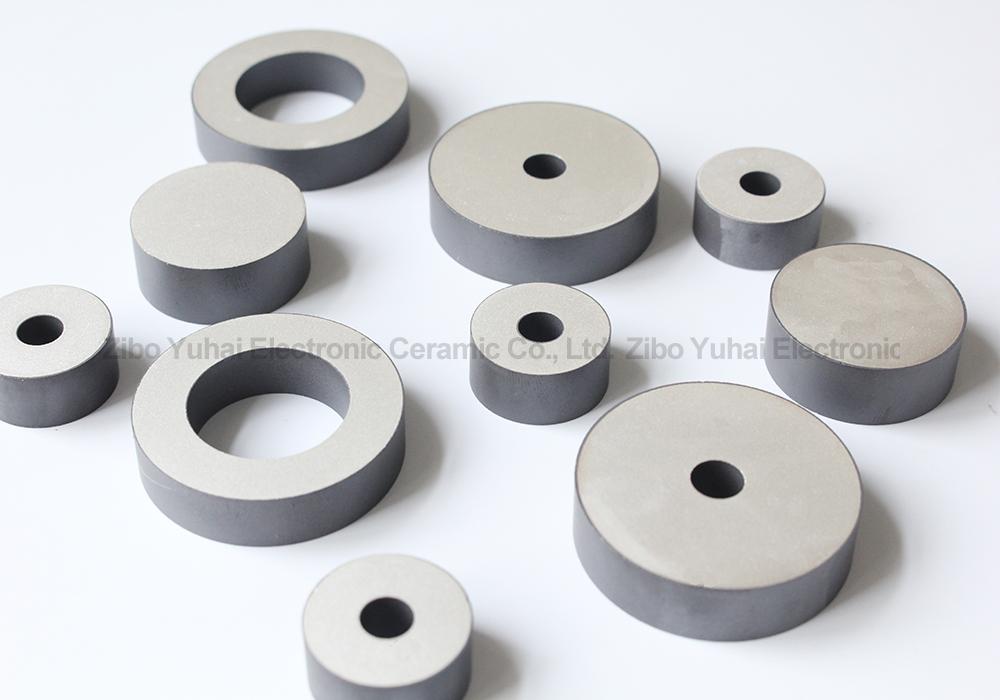Seize the three types of enterprises in the smart home market
After smart phones, wearable devices, and smart robots, smart homes have been rapidly booming since 2014, and they are getting stronger and stronger. This is no accident. The logic behind this is that the scope of application of smart homes will be far beyond what we can imagine. The fast-growing smart connected home devices will soon create a large-scale market.
At the beginning of 2014, Google's $3.2 billion acquisition of the equipment company NEST made NEST famous, and the industry began to warm up the discussion of smart home. After Apple and Samsung joined in, the development prospects of smart homes became more clear. For the average consumer, it is probably only the NEST smart thermostat that Google acquired, but the real intention of Google’s acquisition is to compete for the entrance of smart home, because Google will seize the opportunity when the whole market situation of smart home is still unclear. The action is obviously much faster than Apple and Samsung, but from this perspective, Google's foresight is worth learning by many companies.
For the North American market, thermostats and smoke detectors are almost every device that must be installed in every home. The key to NEST's success is this. At the same time, Nest open API interface to all developers, so that people can connect their smart home products and Nest intelligent temperature controllers to achieve more intelligent home lighting like console lights, fans, security systems. Google hopes that through this move, Nest will become a master control center and connection point of the smart home ecosystem in the future, thus leading users to the era of smart home and Internet of Things.
You should know that the value of smart home is not limited to the convenience of providing users with remote control (although this is a starting point for users), and its real value lies in collecting various daily life through various home smart terminals. Life data, and derived from the above data to develop a variety of applications. Therefore, all kinds of applications based on big data analysis are truly valuable, which means that the value of entertainment, medical and even business applications derived from smart homes is far greater than the home itself.
Smart home is not a new thing. It has been developed in China for more than ten years. It has gradually evolved from a simple concept to various security systems, fire alarm systems, home theater systems, lighting and home appliance control systems, information appliances, etc. The market is gradually Mature but there are certain controversies in the future direction.
From the perspective of the current domestic enterprise offering smart home products and services, domestic smart home manufacturers mainly have three sources.
The first category: traditional home appliance companies, IT companies. The advantages of this type of manufacturer are stable channels, good user reputation and a wide range of product communities. These companies have combined their advantages in the field of home appliance control and IT to develop smart home products that can be better integrated with home appliances. Representative manufacturers: Haier, Changhong.
The second category: the ambitious Internet upstart. The main advantages of this type of manufacturer are the control of Internet ports such as smartphones and the ability to develop Internet applications. Internet players aiming at the smart home industry are often interested in the opportunity to control the home center controller, through the introduction of home smart gateway products, thereby achieving its goal of occupying the commanding heights of home control through Internet communication channels. Representative manufacturers: Google, Xiaomi, Sina and so on.
The third category: smart home startups full of fighting spirit. The advantage of this type of manufacturer is that it has been deployed in the smart home industry early on with many years of experience in the Internet of Things, and has obtained many patents in the smart home industry. Not only has a complete set of mature smart home products, but also quickly occupied a considerable domestic market share. Representative manufacturer: IOT sensing.
In the era of the Internet of Things, the competition in the smart home market is destined to be the most fierce. The smart home manufacturers in China are all struggling. On the battlefield of international smart homes, we are expecting more and more national enterprises to appear on the international stage.
Barium titanate lead-free piezoelectric ceramics are important basic materials for the development of modern science and technology, which was widely used in the manufacture of ultrasonic transducers, underwater acoustic transducers, electroacoustic transducers, ceramic filters, ceramic transformers, ceramic frequency discriminators, high voltage generators, infrared detectors, surface acoustic wave devices, electro-optic devices, ignition and detonation devices, and piezoelectric gyroscope and so on.
Application: military, ocean, fishery, scientific research, mine detection, daily life and other fields.

Piezo Disc,Piezo Rod,Lead Free Piezo Rods,Lead Free Piezo Discs
Zibo Yuhai Electronic Ceramic Co., Ltd. , https://www.yhpiezo.com